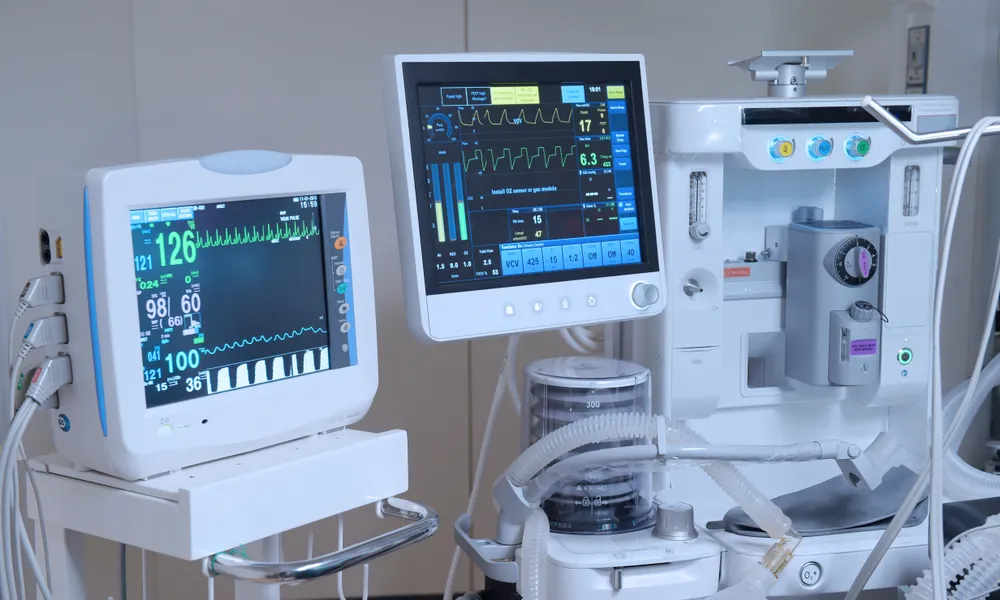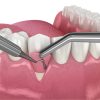Effective medical equipment plays a crucial role in healthcare, ensuring that patients receive the best possible care and treatment. From simple tools like thermometers to complex machines such as MRI scanners, each piece of equipment is designed to assist medical professionals in diagnosing, treating, and monitoring patients.
The importance of reliable and functional medical equipment cannot be overstated, as it directly impacts patient outcomes and overall healthcare efficiency.
Importance in Diagnosis and Treatment
Medical equipment is essential for accurate diagnosis and timely treatment of various medical conditions. For instance, diagnostic tools like X-ray machines and ultrasound devices help doctors visualize internal structures and identify abnormalities.
Without these tools, diagnosing fractures, tumors, or organ damage would be much more challenging and could lead to delays in treatment.
CPAP Supplies
Continuous Positive Airway Pressure (CPAP) machines are vital for patients suffering from sleep apnea, a condition where breathing repeatedly stops and starts during sleep. cpap supplies, including masks and tubing, ensure that patients receive a steady flow of air, preventing interruptions in breathing and improving sleep quality.
These supplies are meticulously designed to be comfortable and effective, allowing patients to use them consistently and thereby manage their condition more effectively.
Monitoring Patient Health
Monitoring patients’ vital signs and health parameters is critical in both acute care settings and during recovery. Devices such as cardiac monitors, blood pressure cuffs, and pulse oximeters provide real-time data that helps medical staff make informed decisions about treatment plans.
Continuous monitoring ensures early detection of complications and allows for prompt intervention, potentially saving lives in critical situations.
Surgical Precision and Safety
In surgical settings, precision and safety are paramount. Advanced surgical equipment such as robotic systems and laser technologies enable surgeons to perform complex procedures with greater accuracy and minimal invasiveness.
Additionally, sterile instruments and reliable anesthesia equipment contribute to the safety of both patients and medical staff during surgical interventions.
Medical Lift
Medical patient lift installation in healthcare facilities is crucial for safely transferring patients who have mobility limitations. These lifts reduce the risk of injury for both patients and caregivers by providing a secure and controlled lifting mechanism.
Proper installation and maintenance ensure that these devices operate smoothly, promoting patient comfort and dignity while minimizing the physical strain on healthcare workers.
Rehabilitation and Therapy
After surgery or injury, rehabilitation equipment plays a vital role in the recovery process. Physical therapy tools like exercise machines and mobility aids help patients regain strength, flexibility, and function. These devices are designed to be adjustable and supportive, catering to the specific needs of each patient as they progress through their rehabilitation journey.
Enhancing Patient Comfort
Medical equipment also contributes to patient comfort and well-being during hospital stays or outpatient visits. Adjustable beds, ergonomic chairs, and infusion pumps are examples of equipment designed to enhance comfort and convenience for patients.
By prioritizing comfort, healthcare providers can improve the overall patient experience and promote faster recovery.
Conclusion
Effective medical equipment is indispensable in modern healthcare, facilitating accurate diagnosis, safe treatment, and optimal patient care. From diagnostic tools and surgical instruments to rehabilitation equipment and patient comfort aids, each piece of equipment plays a crucial role in improving outcomes and enhancing the quality of life for patients.






